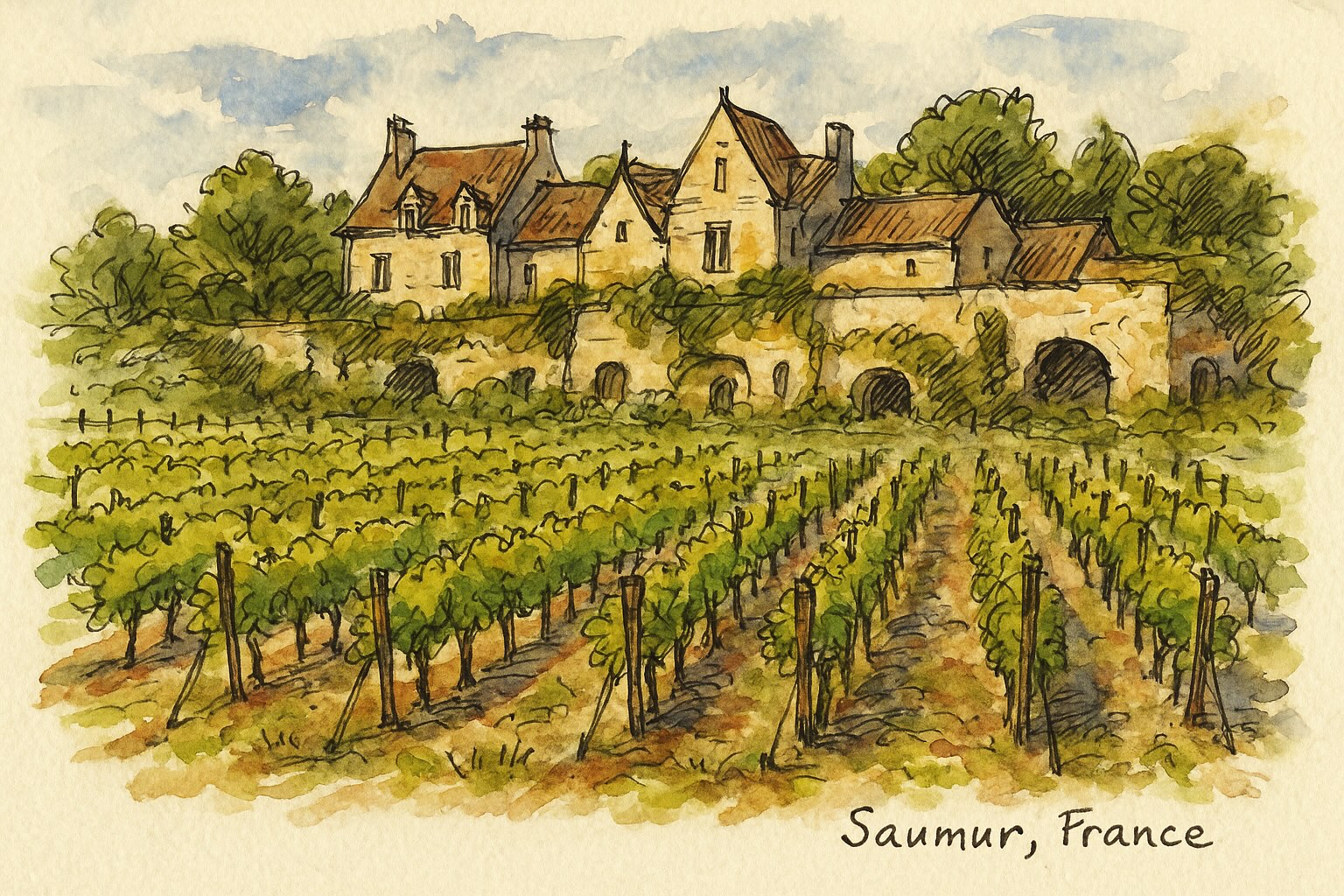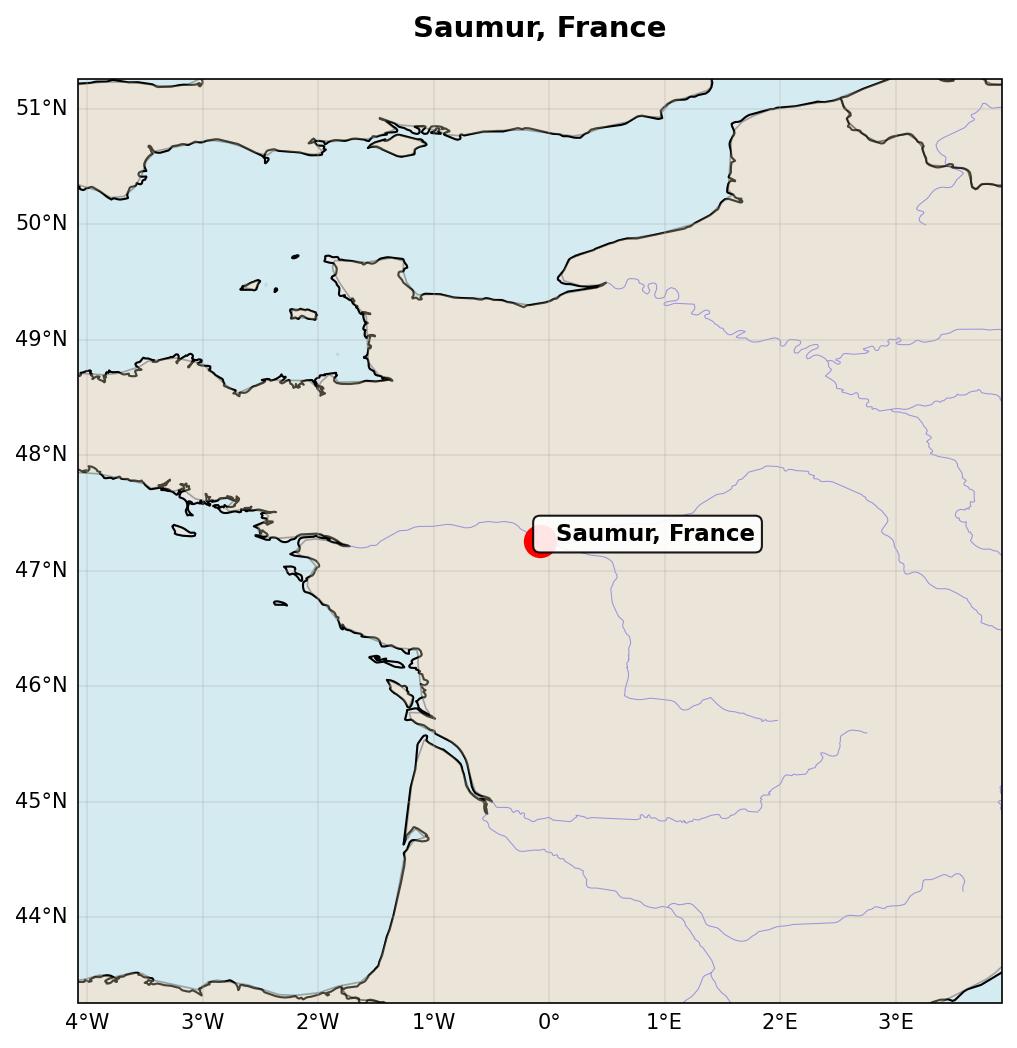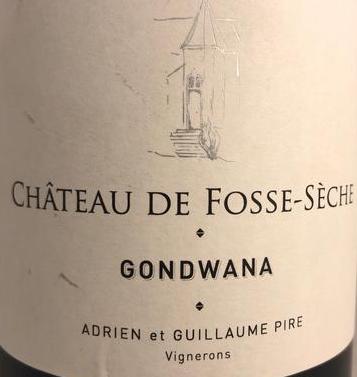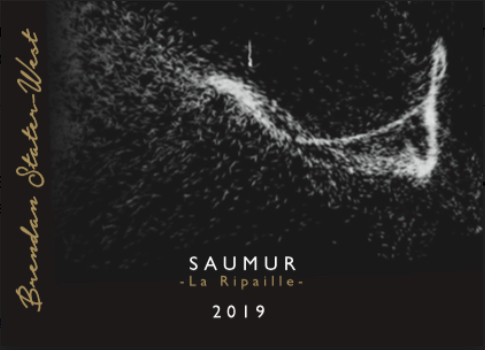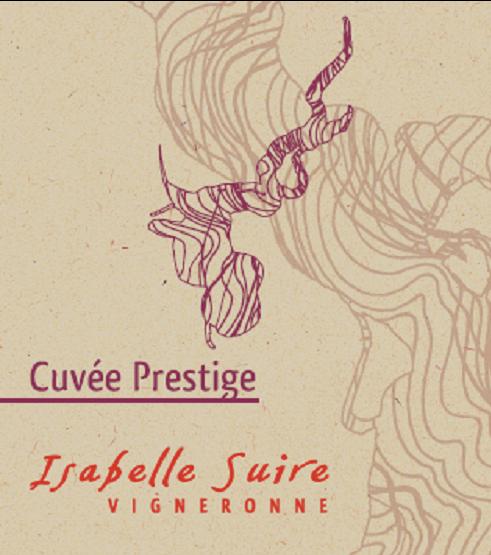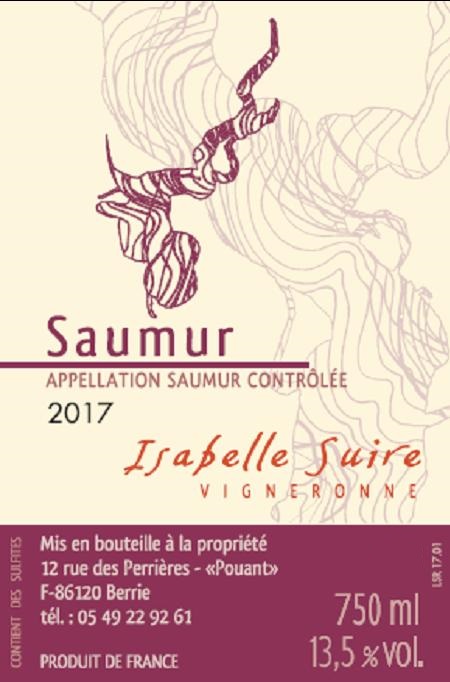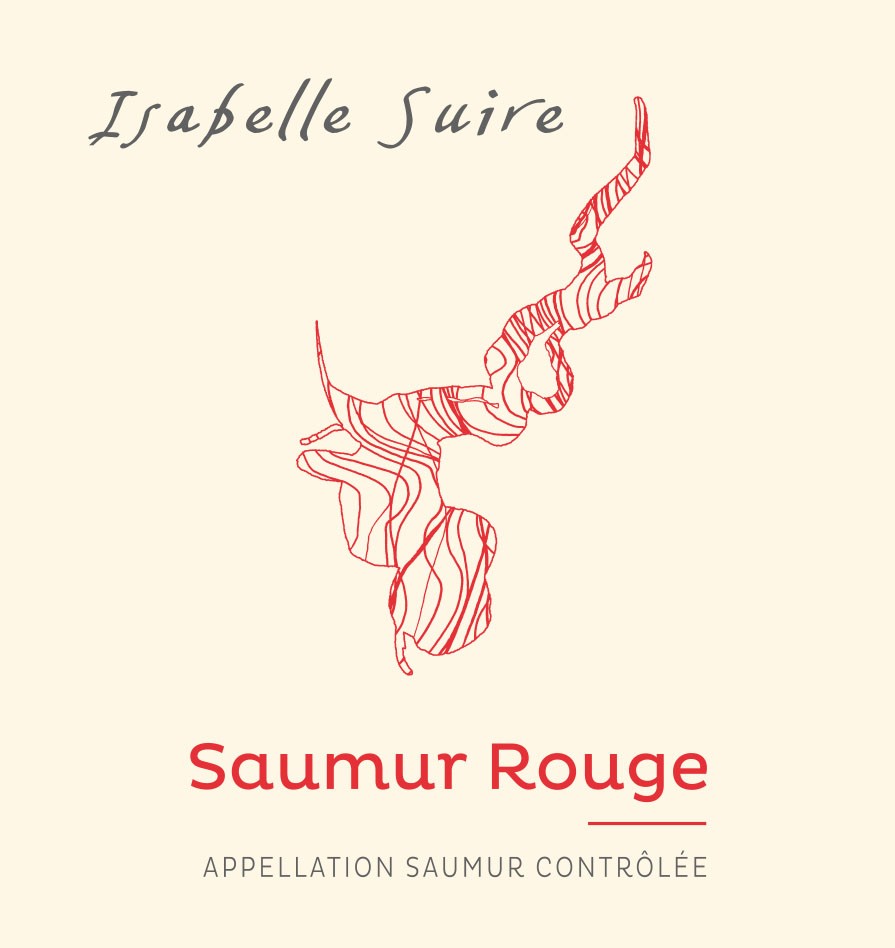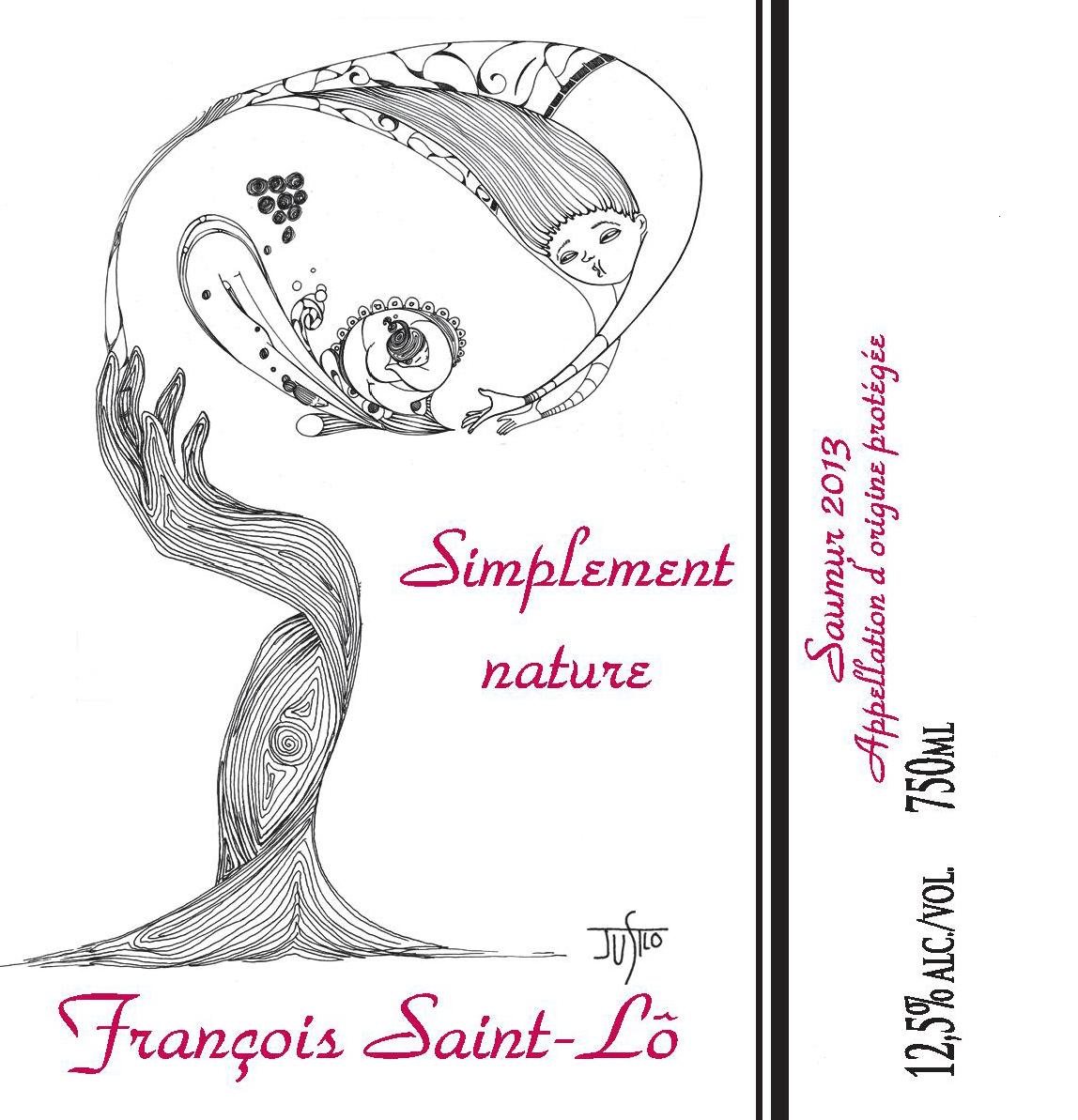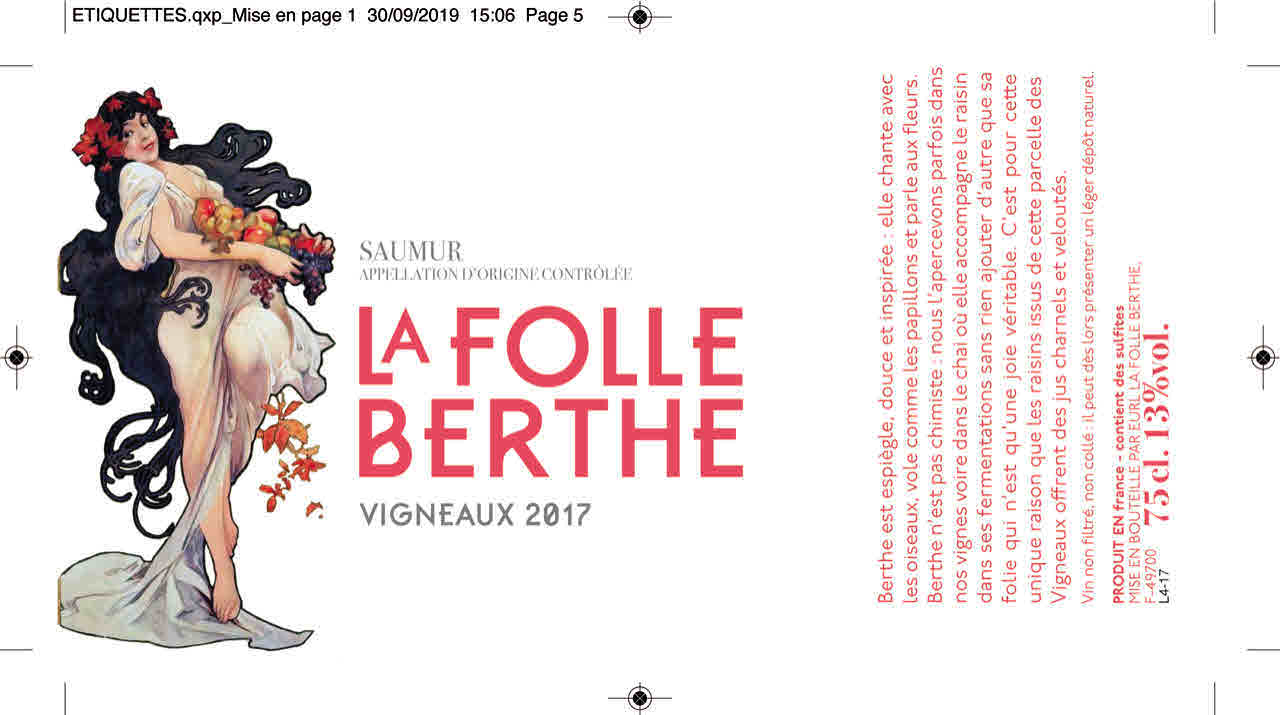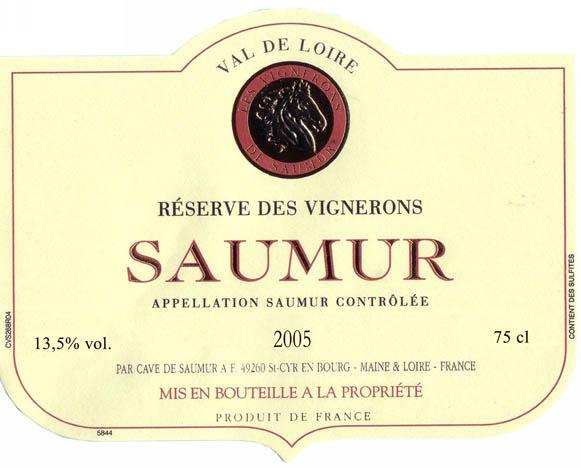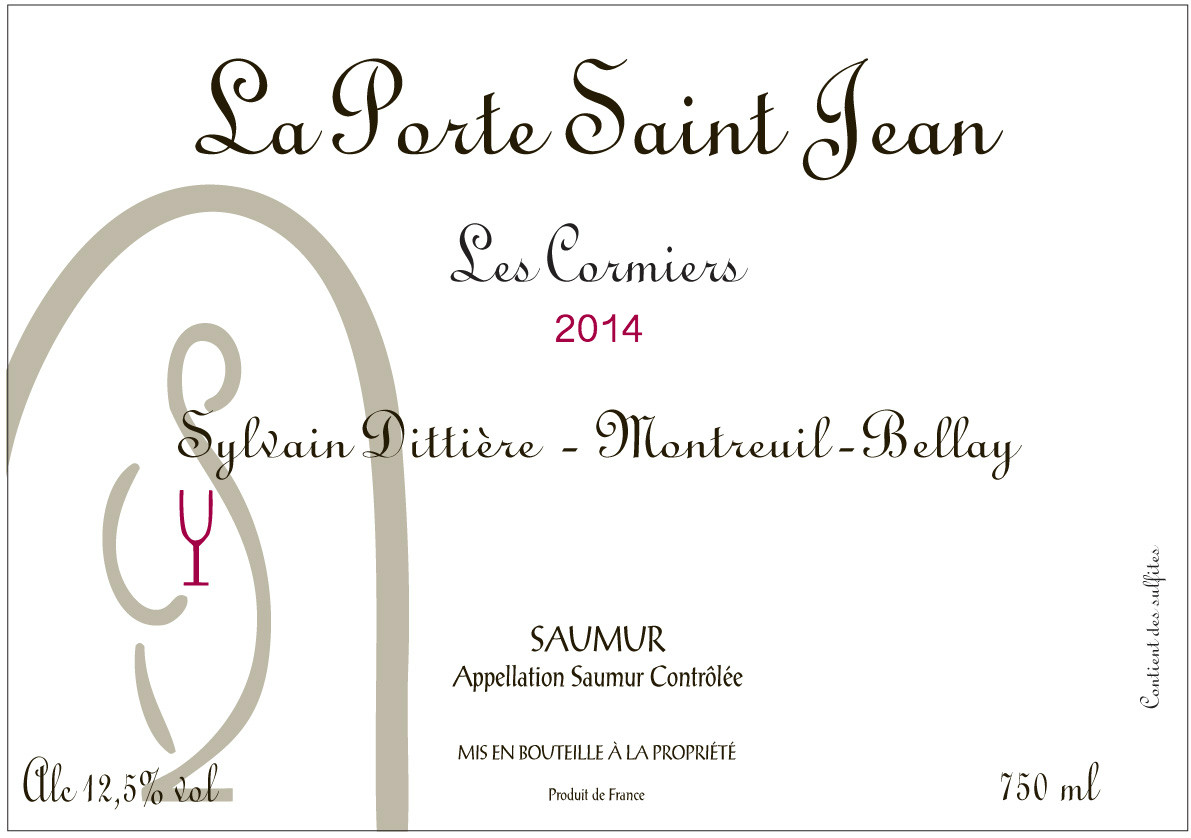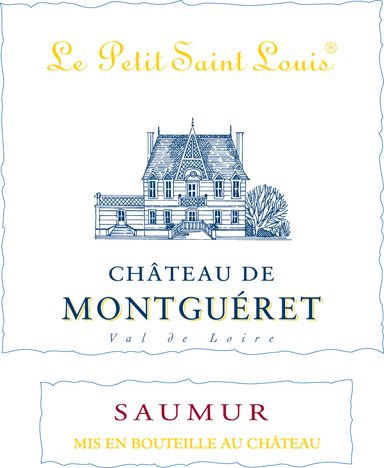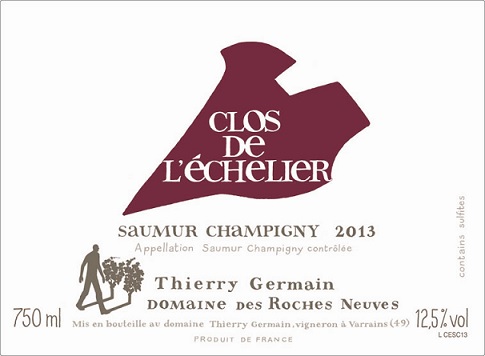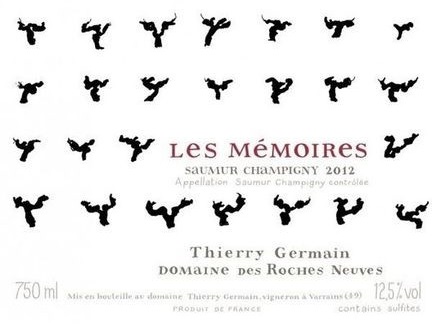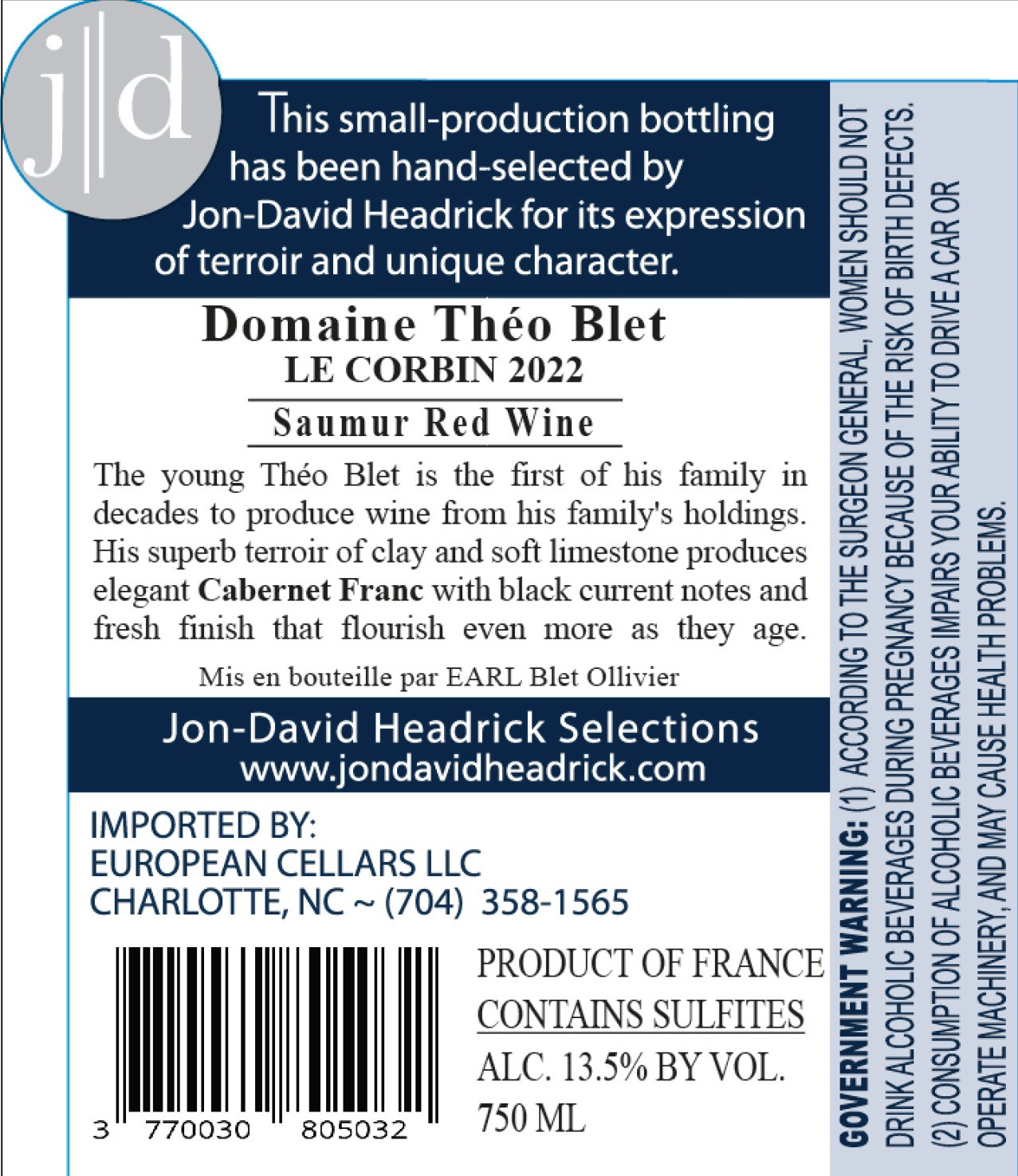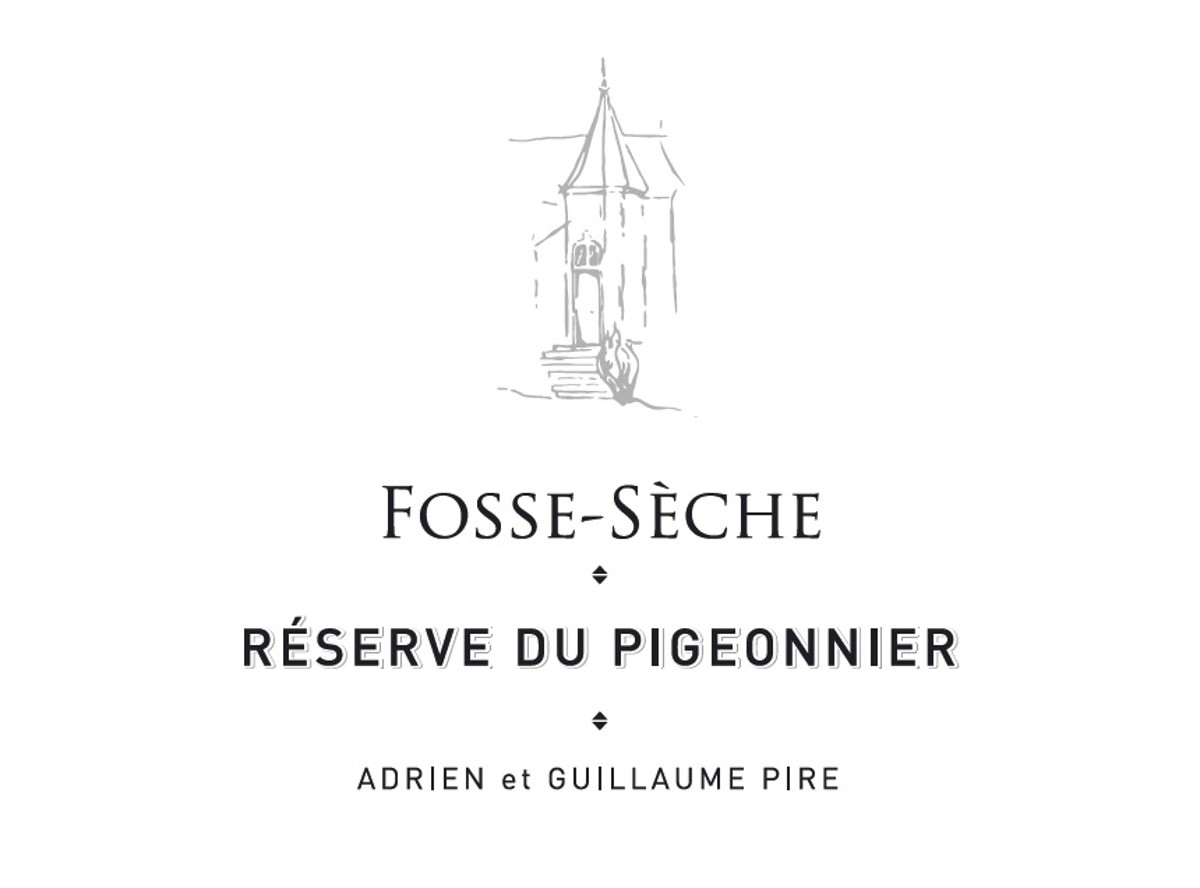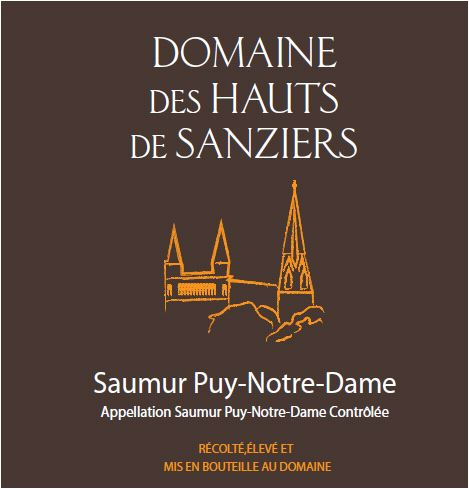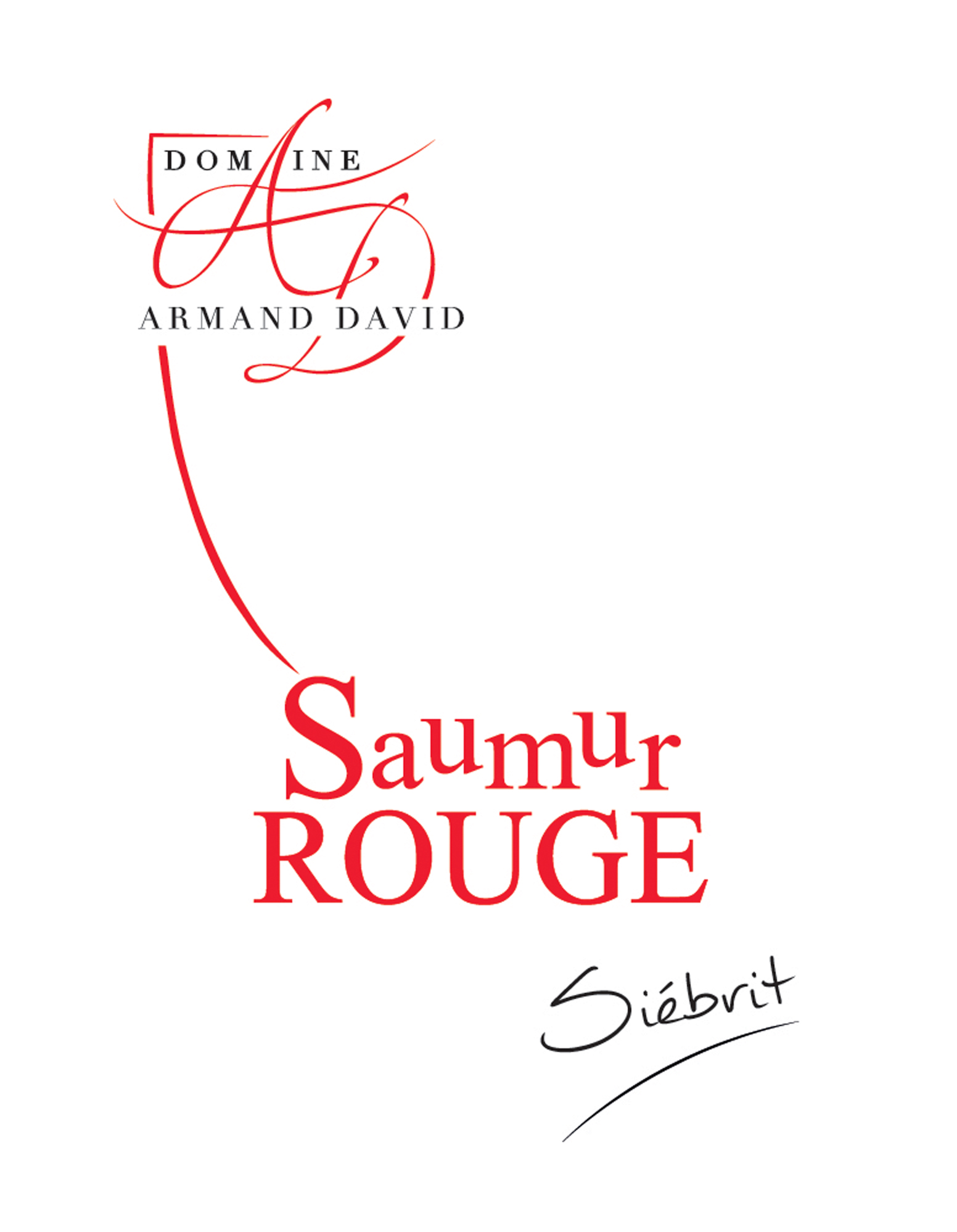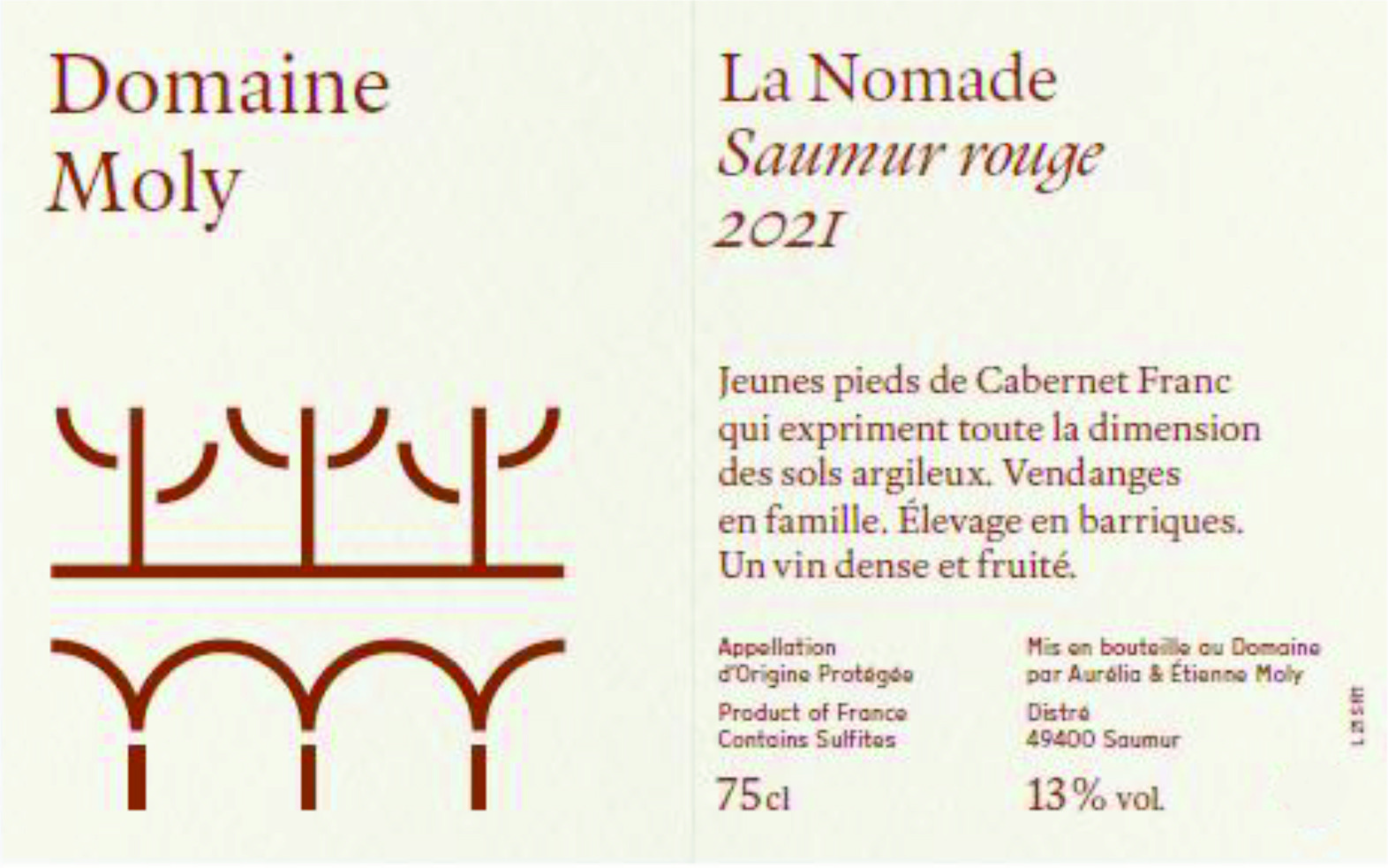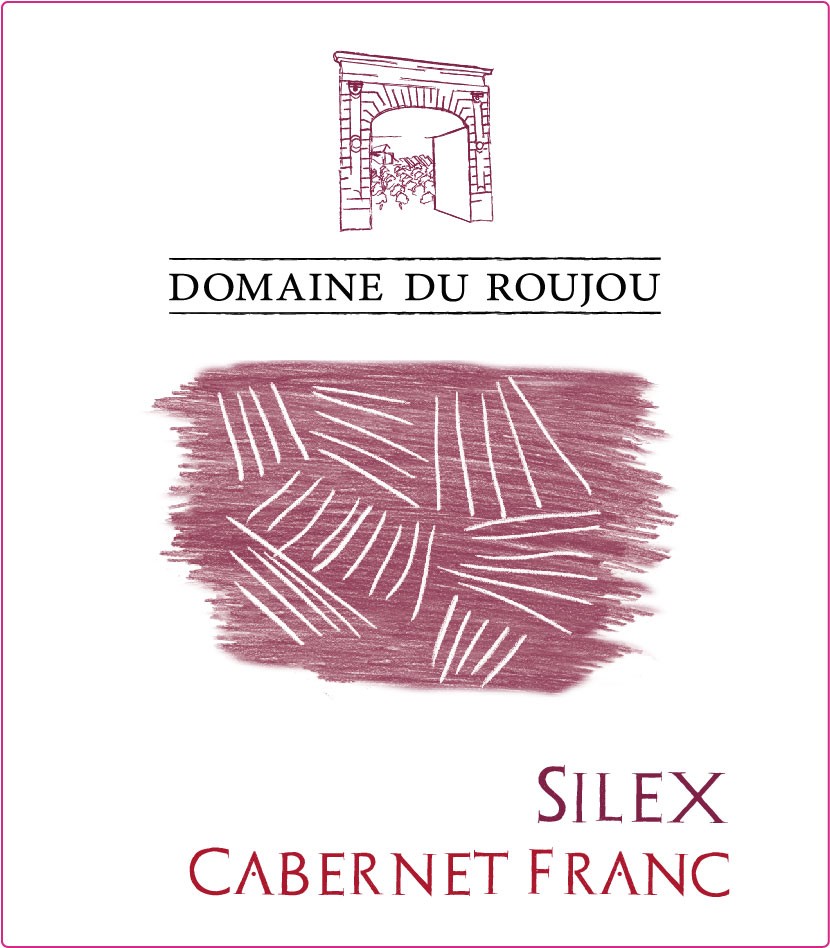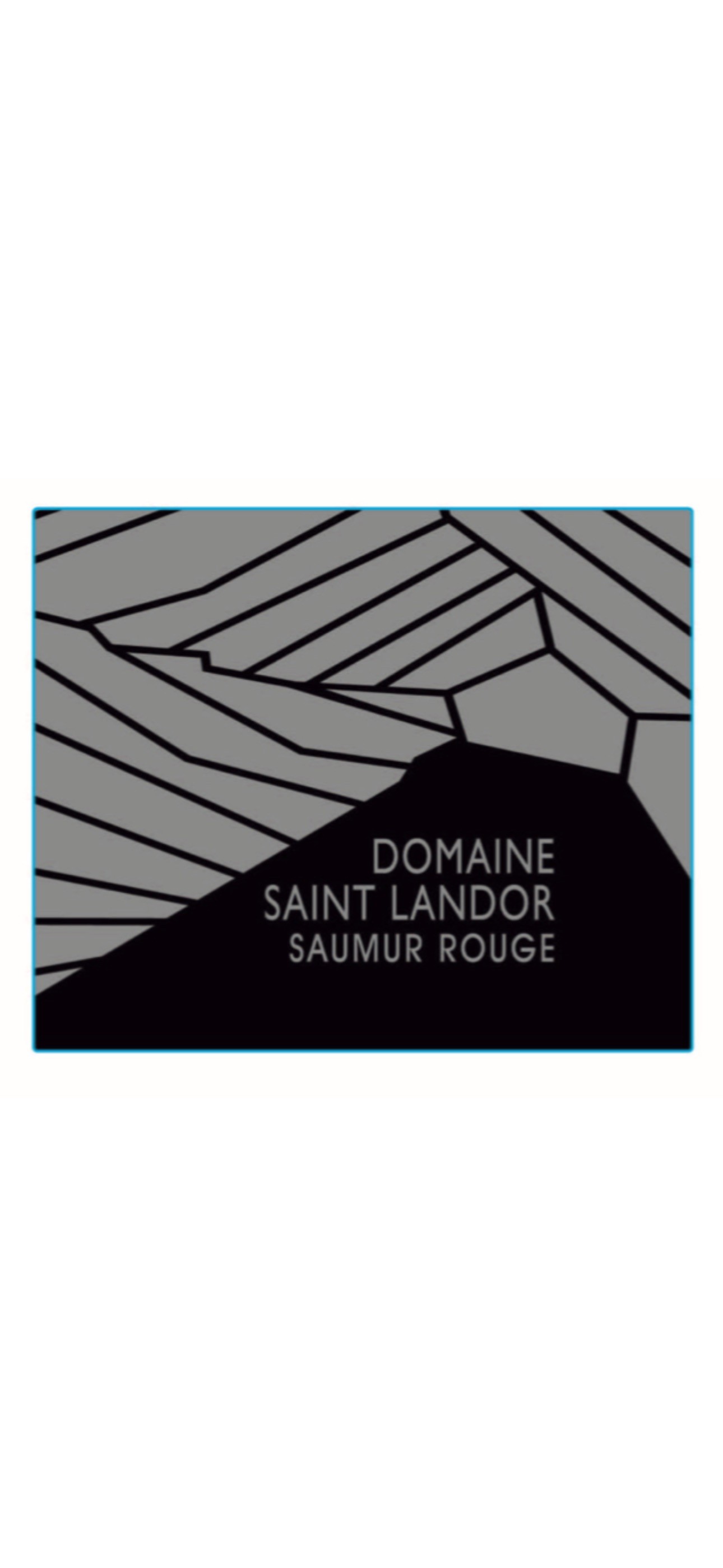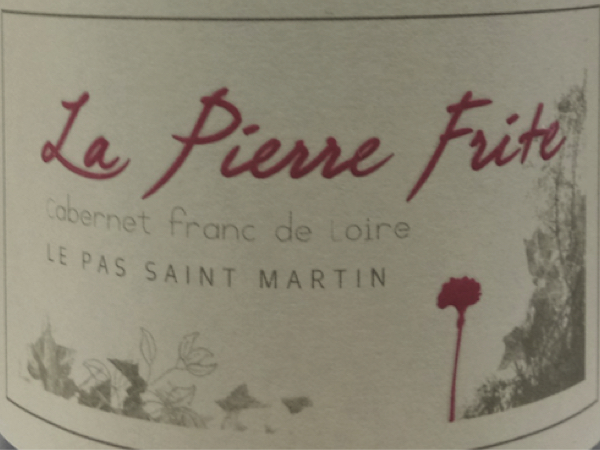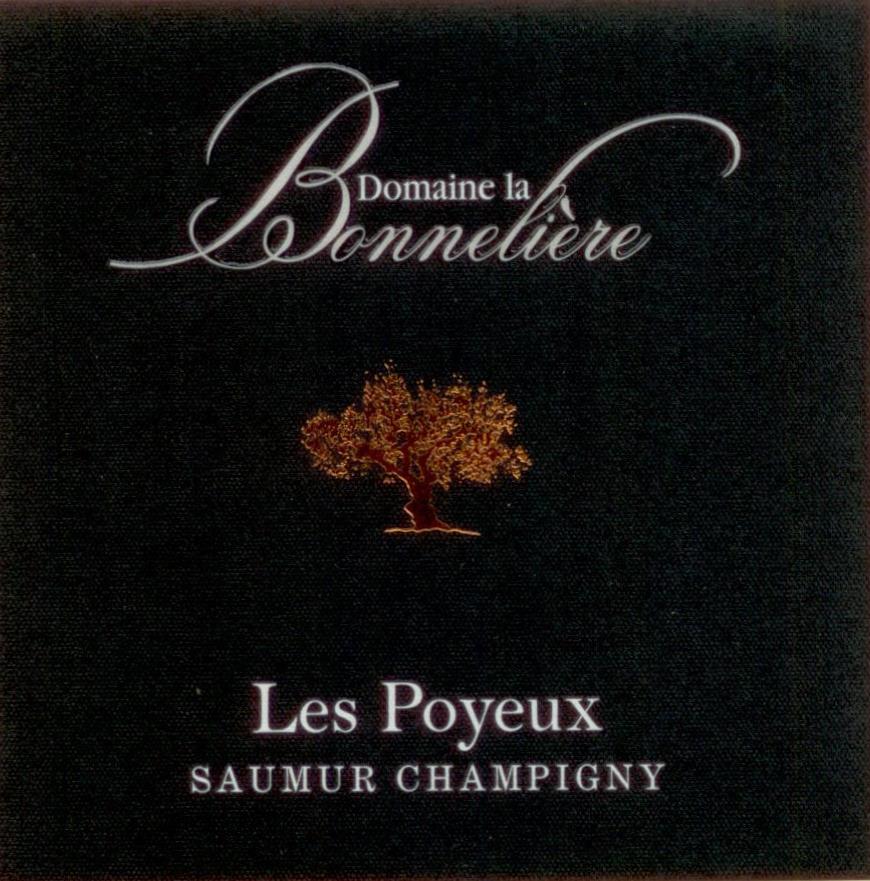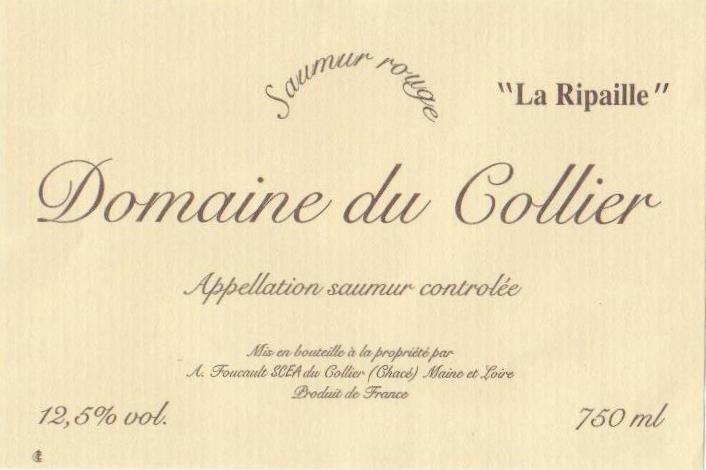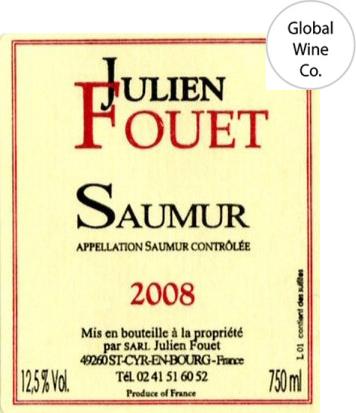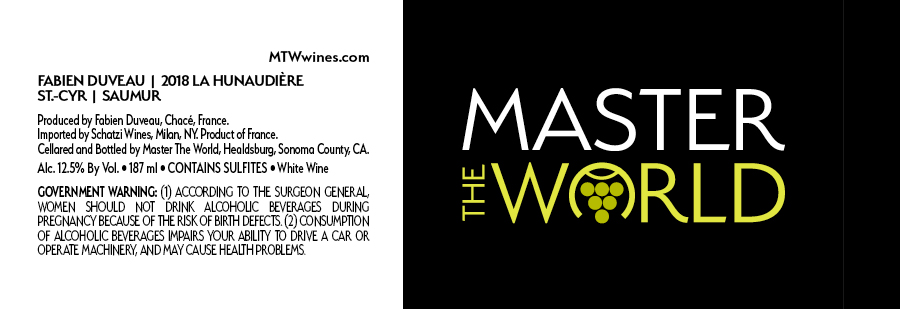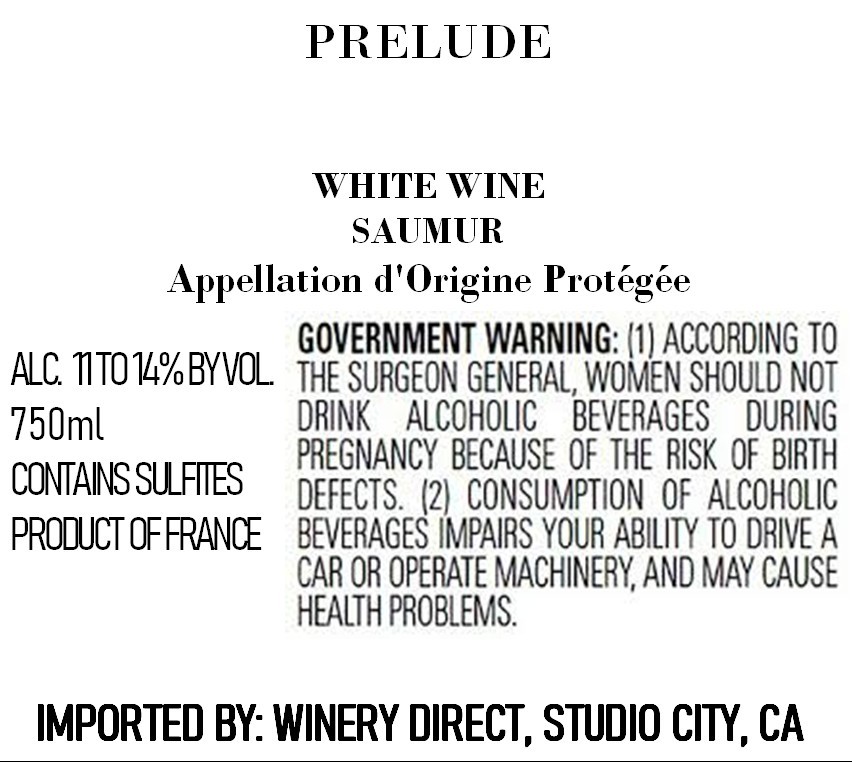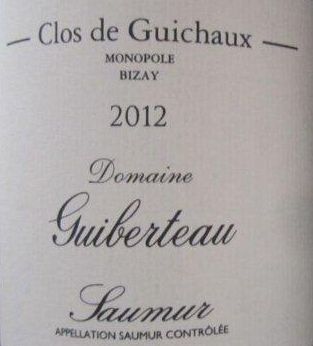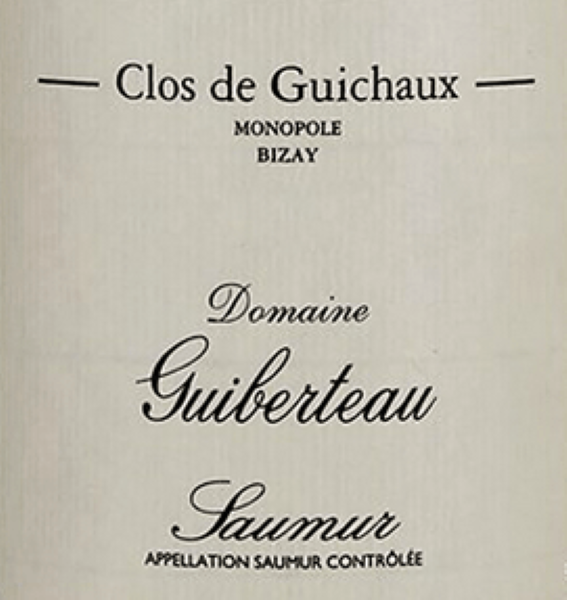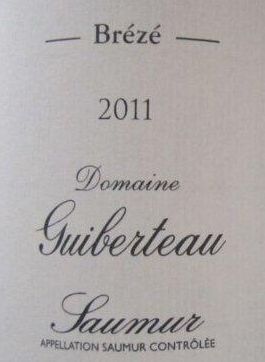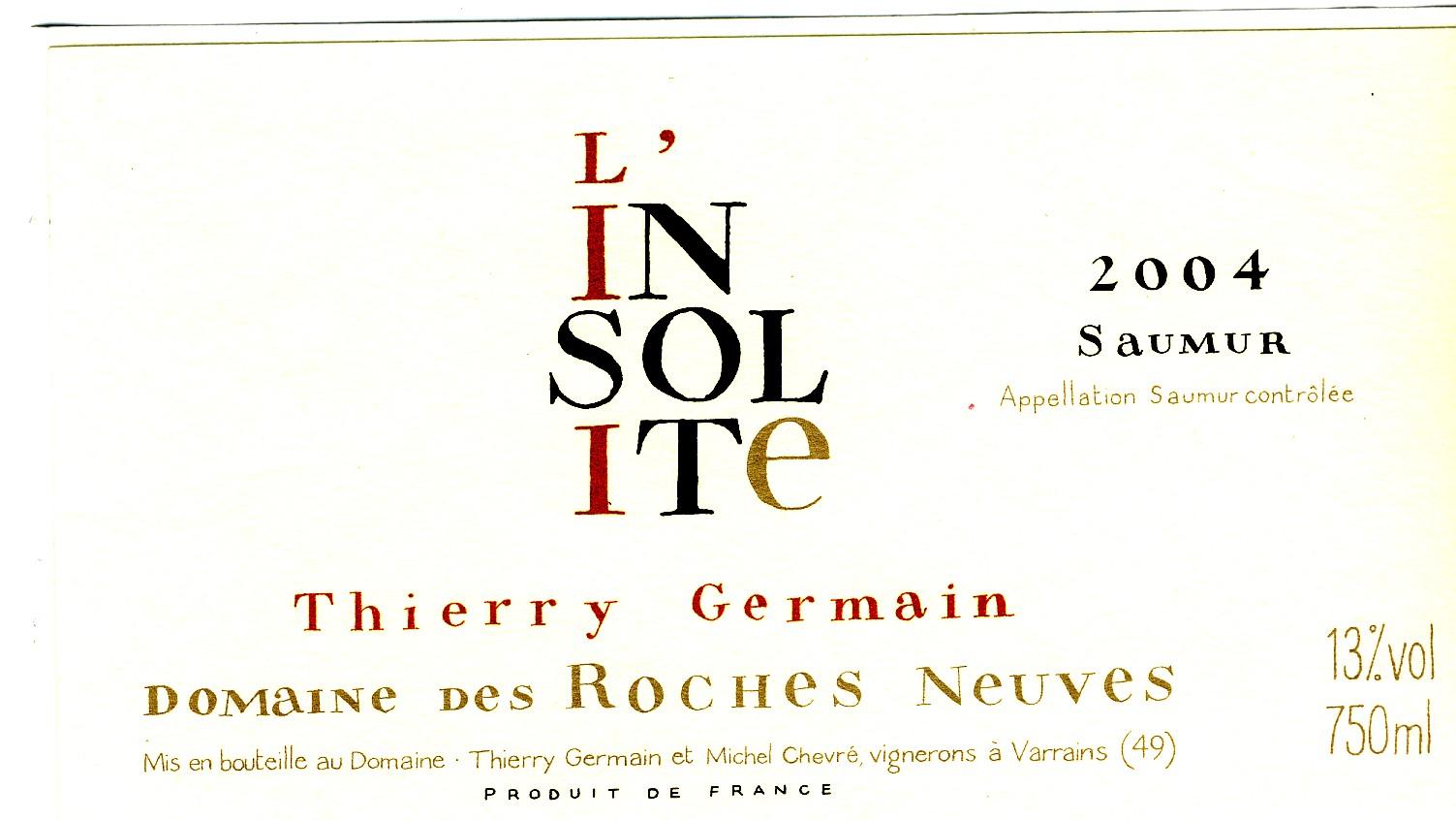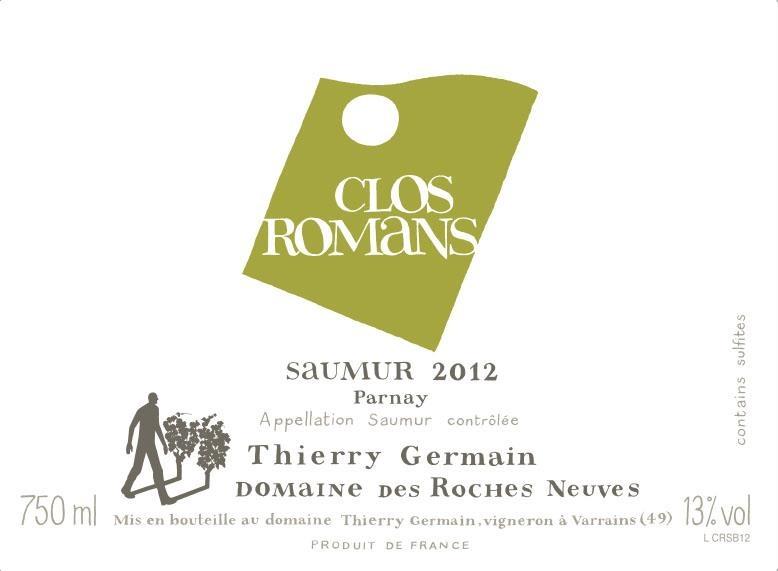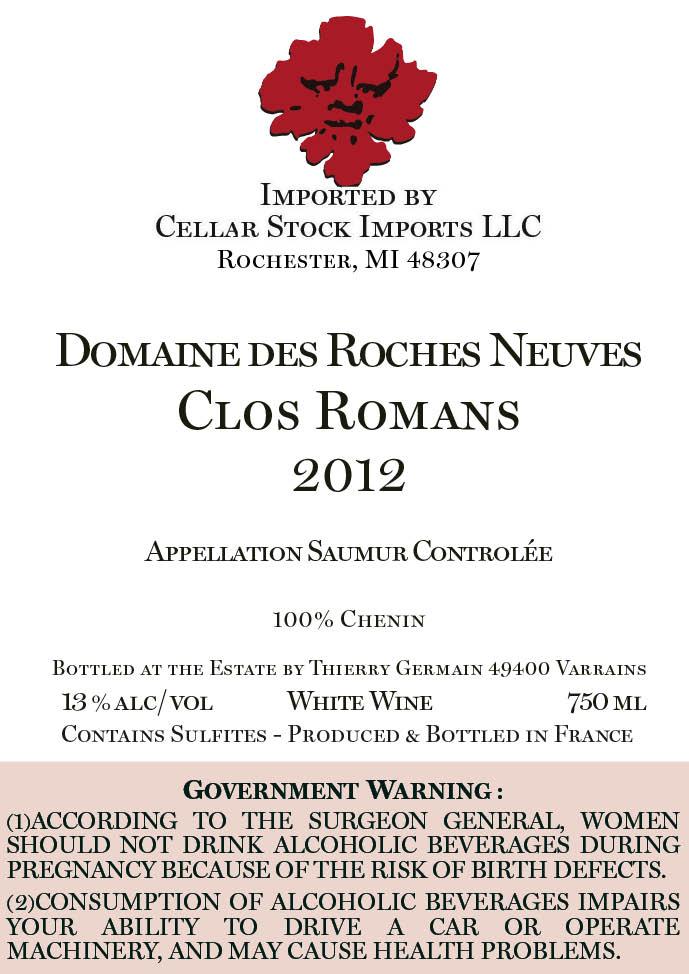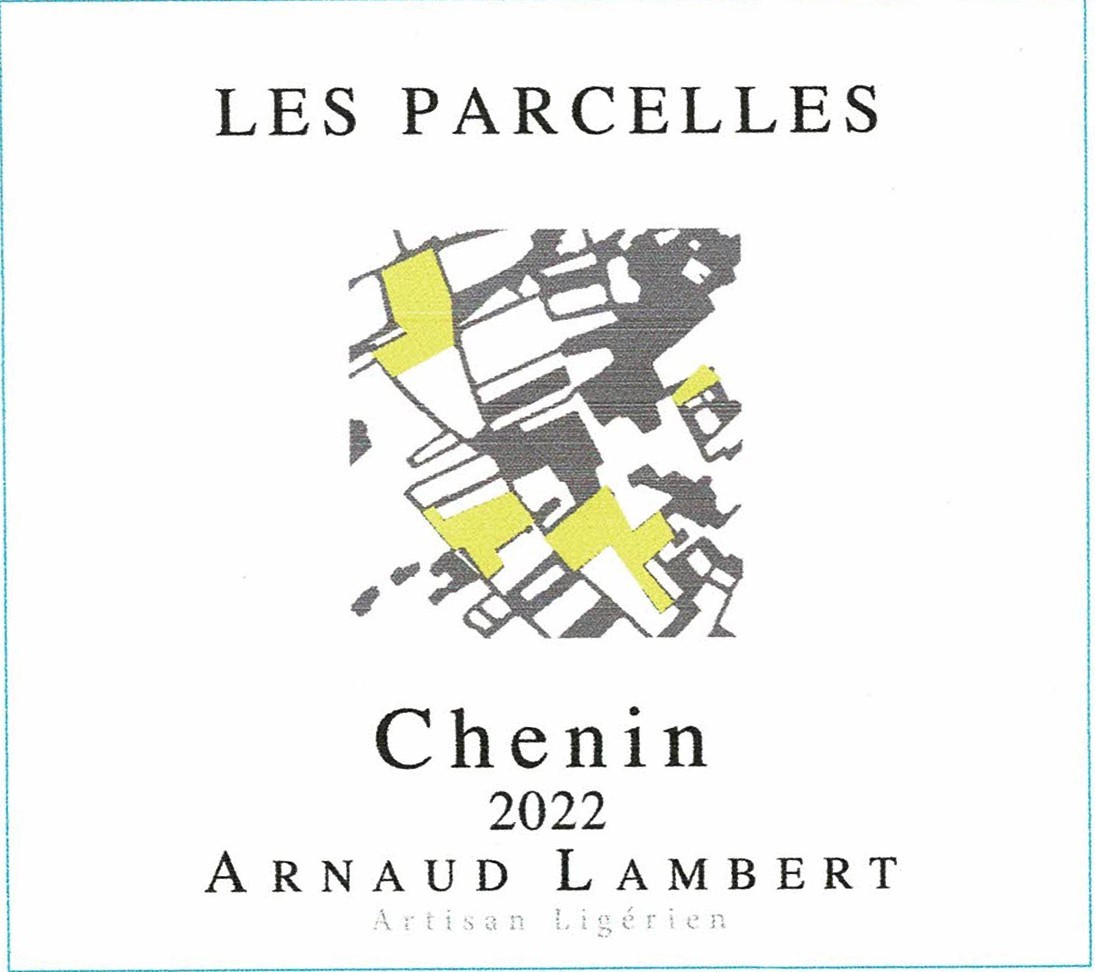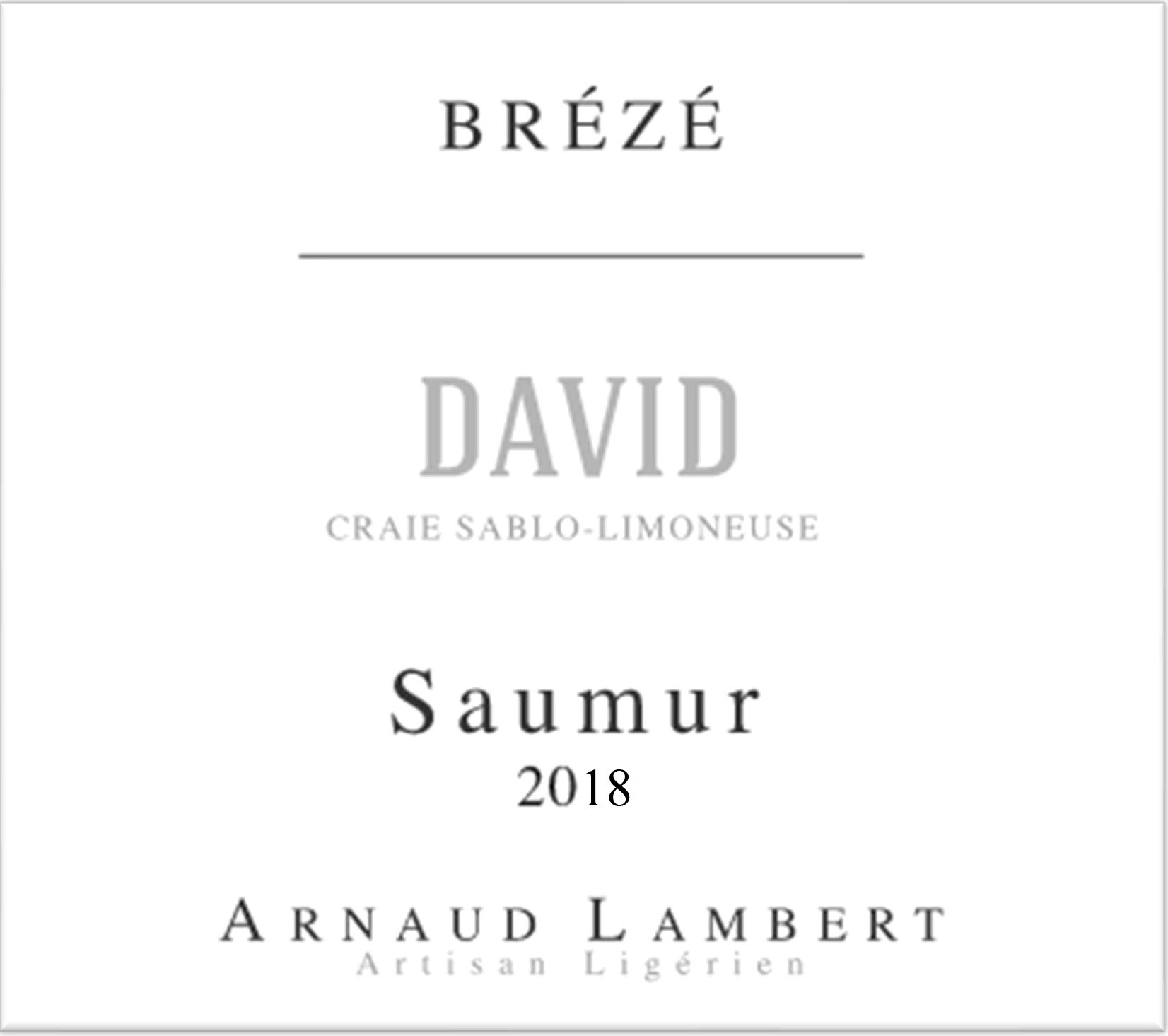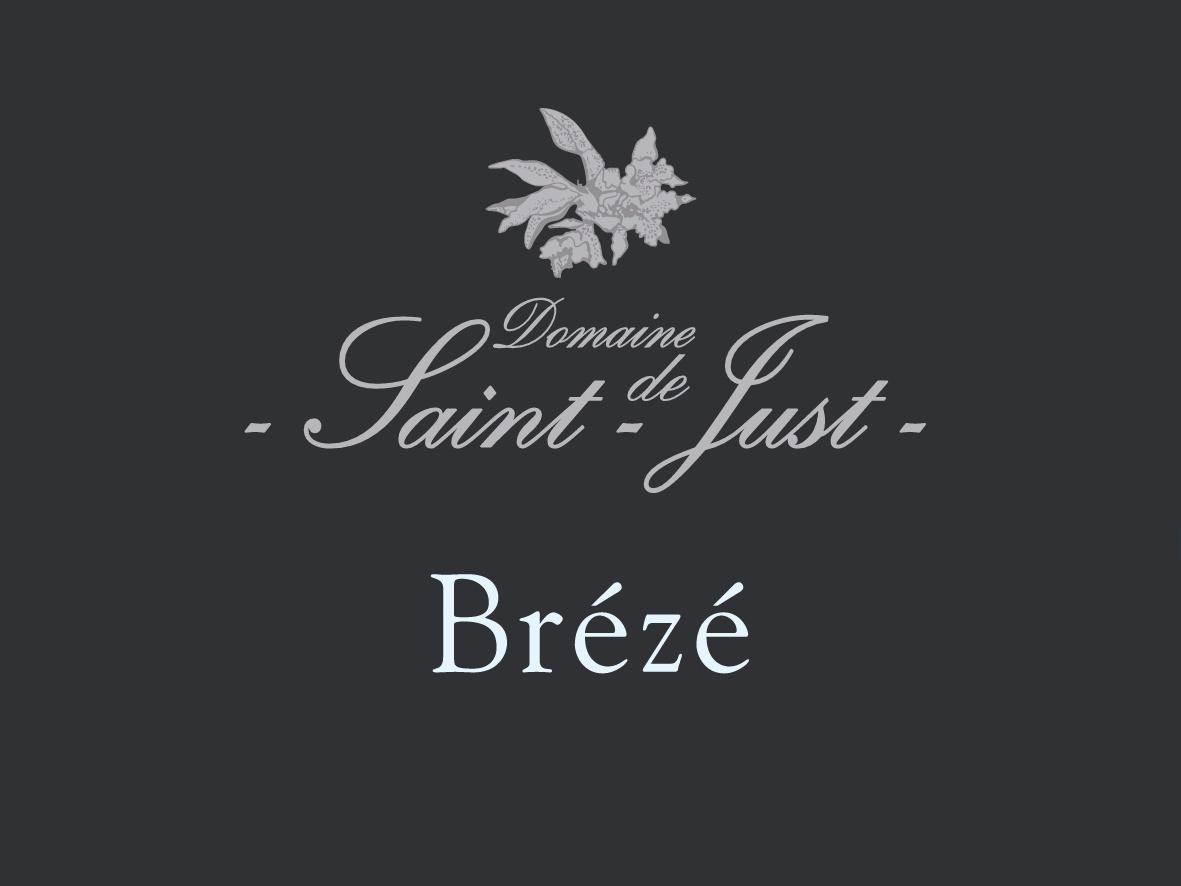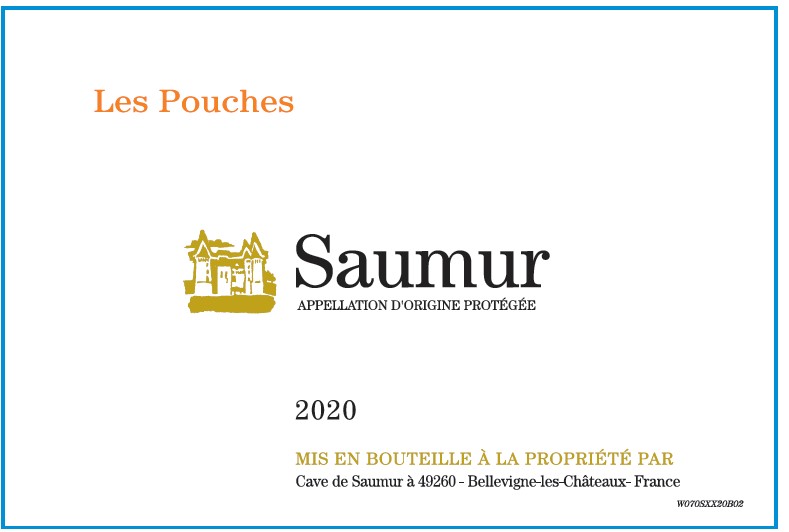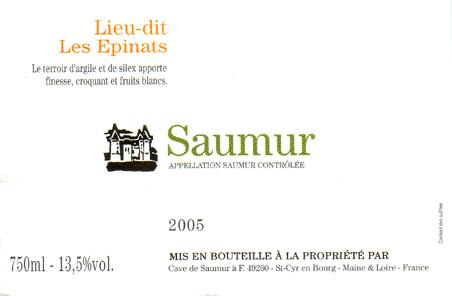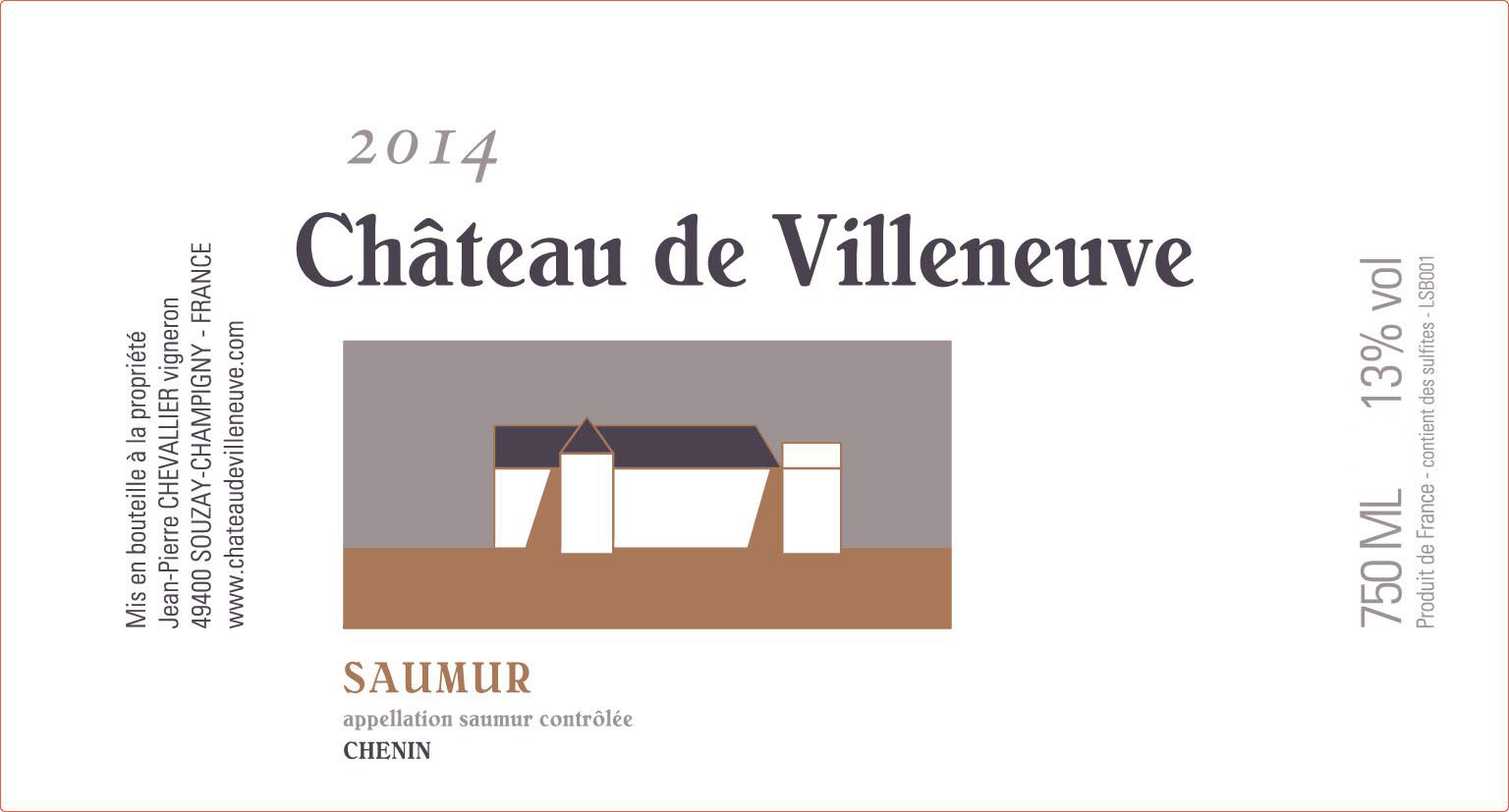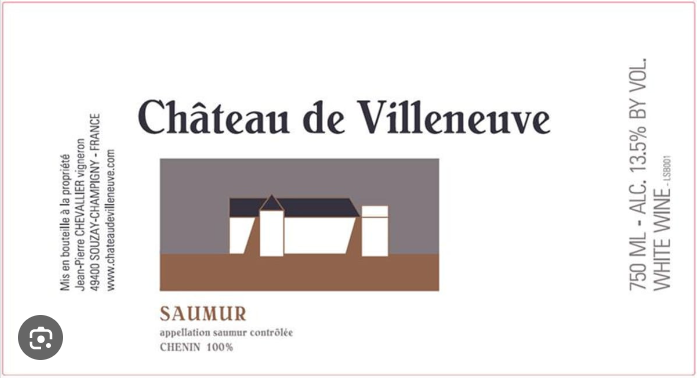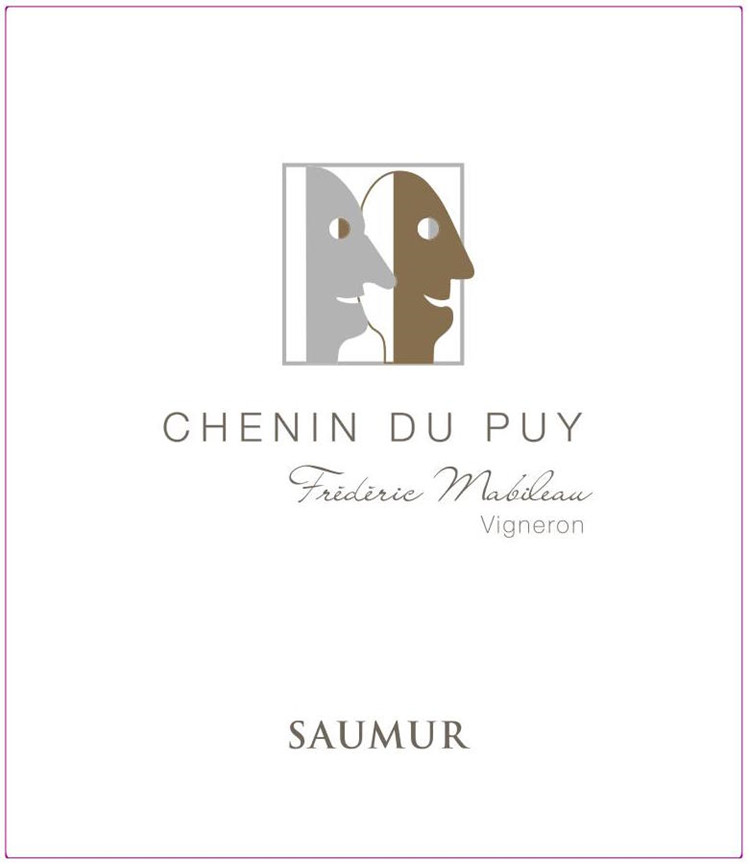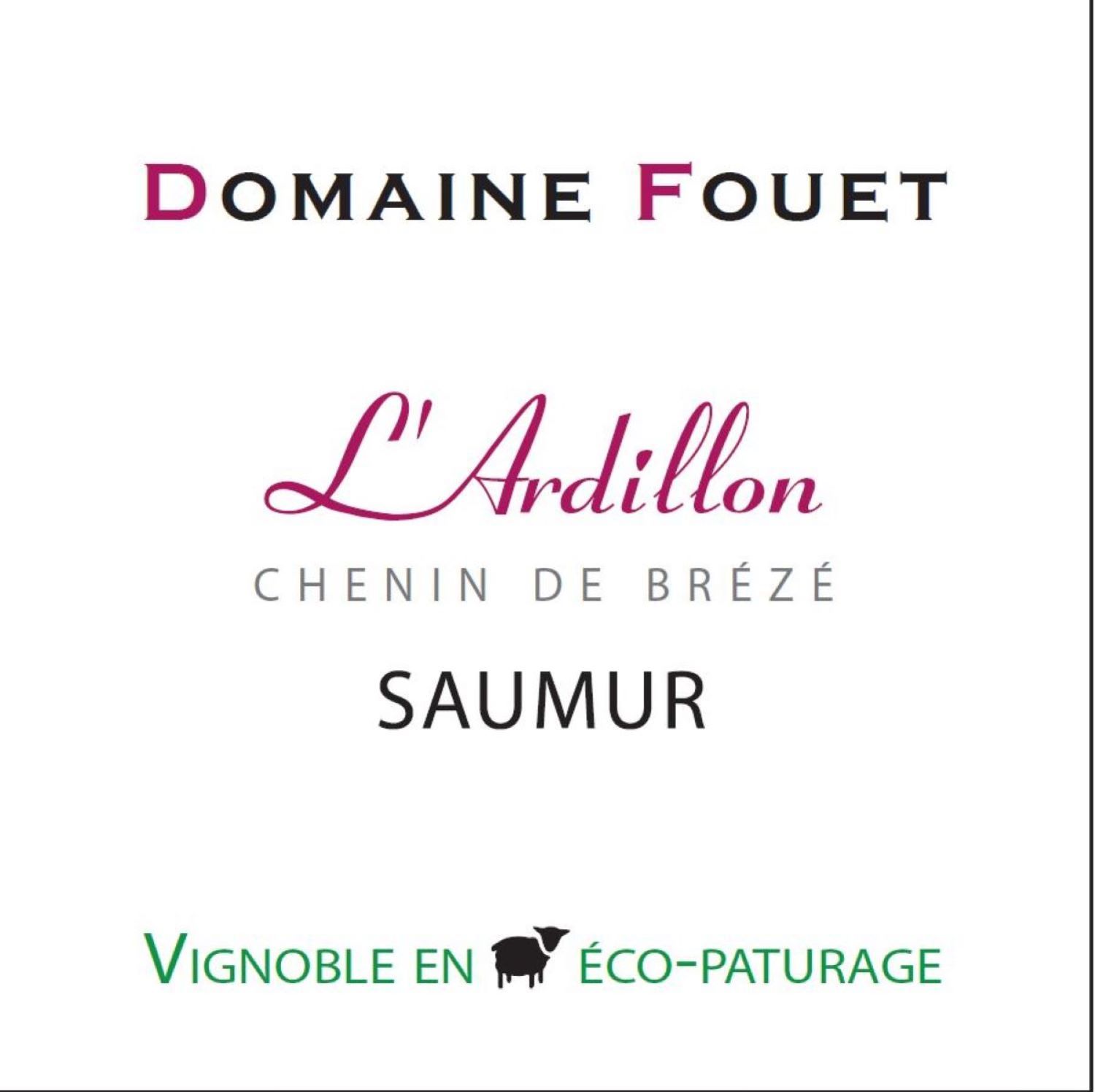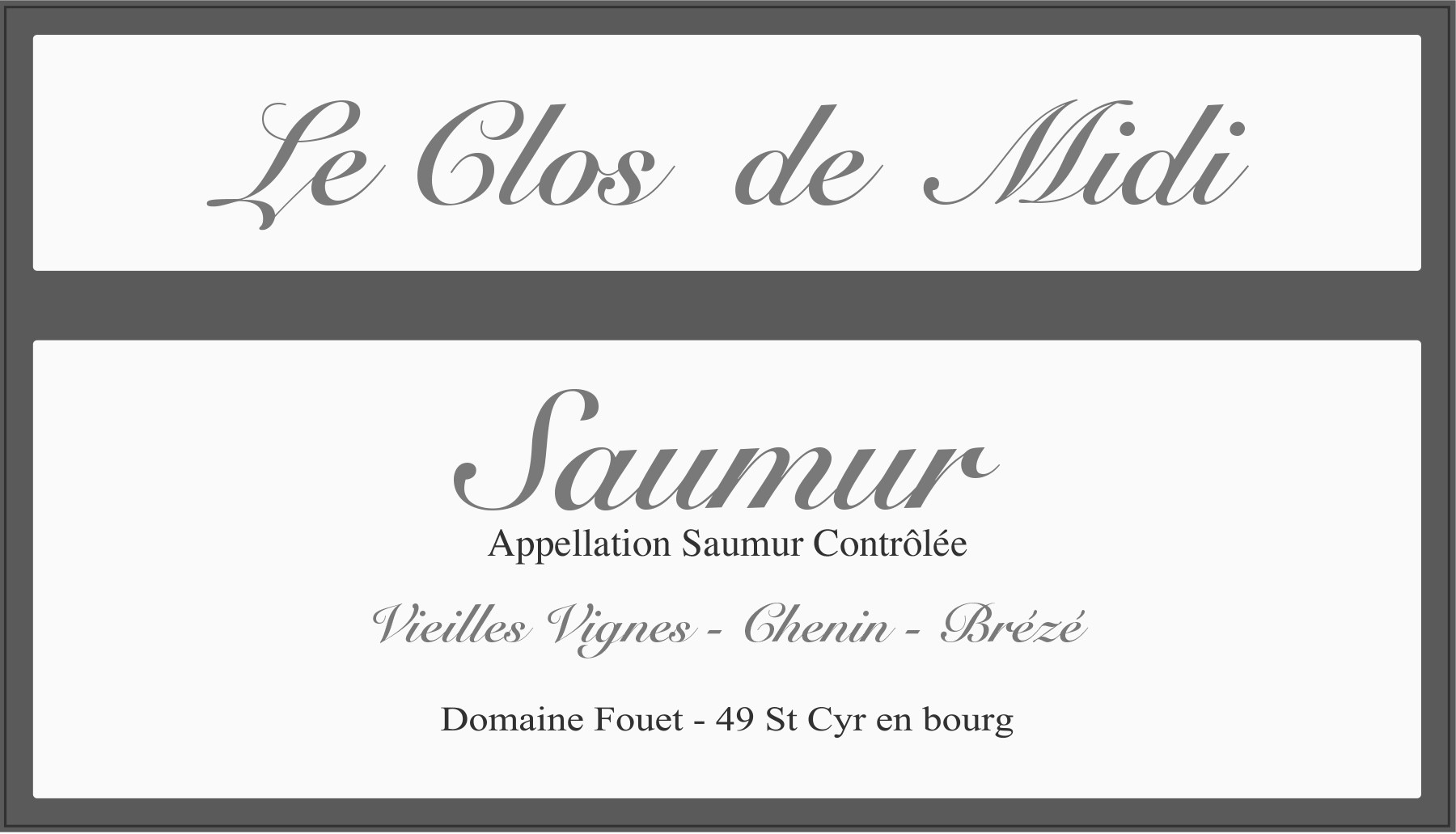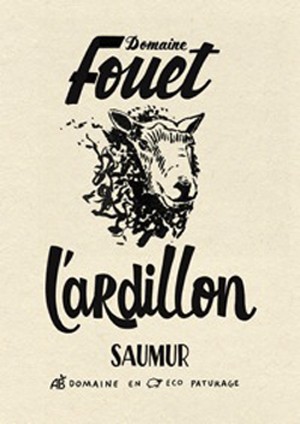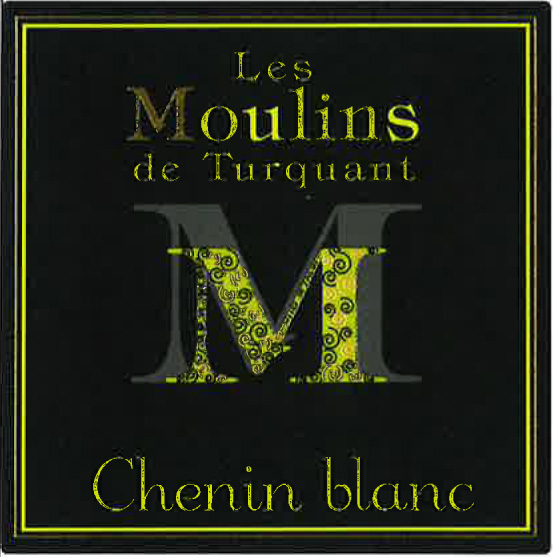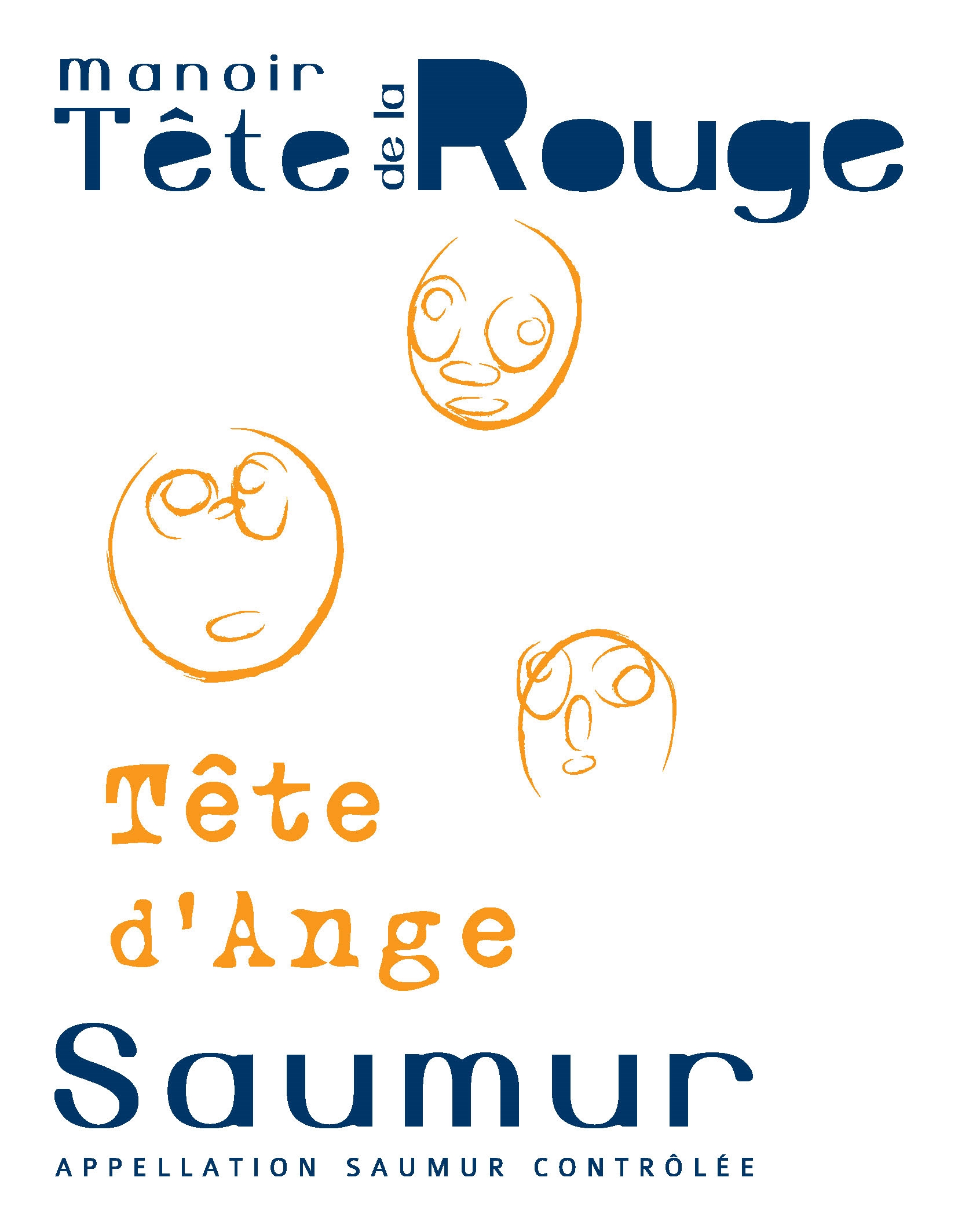Terroir of Saumur
Saumur's terroir is shaped by a mild oceanic climate, with the Loire River and nearby Atlantic mitigating temperature extremes. This results in winters that are gentle and summers that are warm, though the hills facing the Atlantic can introduce a more continental feel. Rainfall is moderate, supporting the diverse microclimates across varied slopes and elevations.
The region's soil is predominantly chalky tuffeau limestone from the Cretaceous period, especially prominent on the hillsides. This porous limestone, often intertwined with silty clays and sands from the Loire floodplain, provides an ideal environment for vine growth. In some areas, darker schist can be found, adding to the soil complexity. The tuffeau has also been carved into extensive underground cellars, offering perfect conditions for aging, particularly for sparkling wines. This unique combination of climate and soil imparts Saumur wines with vibrant acidity, fine texture, and a distinctive stony character.
Notable Wineries in Saumur
Saumur, situated in the heart of the Loire Valley, is a treasure trove for wine enthusiasts, offering a blend of tradition and modernity. Renowned for its sparkling wines, key players like Bouvet-Ladubay and Gratien & Meyer craft exquisite bubbles aged in ancient cave cellars. Ackerman and Caves Louis de Grenelle also contribute to this sparkling legacy, offering guided tastings that showcase their expertise.
- Château de Parnay: Known for producing impressive Cabernet Franc reds and distinctive whites.
- Domaine de Rocheville: Stands out with its expressive still wines, highlighting the region's terroir.
- Saumur-Puy-Notre-Dame wineries: Emerging organic producers celebrated for their Chenin Blanc and robust reds.
From grand sparkling houses to artisan domaines, Saumur's wine producers highlight the region's prowess in creating both Chenin Blanc and Cabernet Franc wines.
Sustainable Winemaking in Saumur
In Saumur, sustainable practices are transforming the wine landscape, echoing across the entire Loire Valley. Growers are increasingly adopting organic, biodynamic, and eco-friendly methods, with many adhering to High Environmental Value (HVE) or Terra Vitis standards. These initiatives include planting cover crops and hedges to enhance biodiversity and employing sheep or goats for natural weed control.
Solar panels and water recycling systems are becoming common, reducing the ecological footprint of wine production. In the cellar, a focus on low-intervention techniques, such as using natural yeast and minimizing sulfur, highlights the region's unique terroir. This commitment to sustainability is evident in the growing number of wines sporting organic and green certifications, underscoring Saumur's dedication to environmentally conscious winemaking.
Wine Tourism in Saumur
Wine tourism in Saumur offers a unique blend of history, culture, and viniculture. Visitors can explore the picturesque Loire Valley, dotted with historic castles and the iconic Saumur Château. The region is renowned for its underground cellars, perfect for aging sparkling wines. The Loire à Vélo bike path offers a scenic route ideal for vineyard tours.
Local wineries, such as Bouvet-Ladubay and Gratien & Meyer, open their doors for tastings, showcasing their expertise in traditional sparkling wine production. Villages like Souzay-Champigny feature "caveau" tasting rooms, where visitors can sample diverse wines paired with local delicacies like rillettes and goat cheeses.
Throughout the year, Saumur hosts events like harvest festivals, providing a deep dive into the art of winemaking. This commitment to tradition and innovation makes Saumur a captivating destination for wine enthusiasts.
